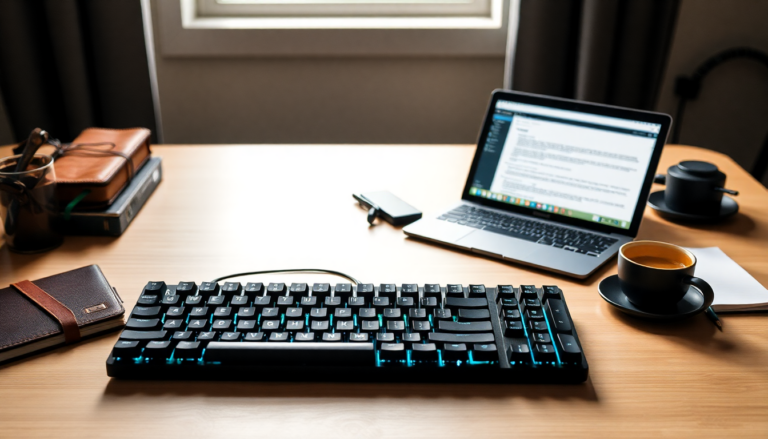Argomenti trattati
Understanding membrane keyboards
Membrane keyboards are widely recognized as one of the most prevalent input devices, particularly in budget laptops and desktop configurations. Their construction is primarily based on pressure-sensitive layers, often utilizing rubber domes to register keystrokes. This design results in a typing experience that can feel spongy and lacks precision.
Users who type frequently often encounter an inconsistent feel over time, particularly as the rubber membranes begin to lose their elasticity. Keys that are used regularly tend to become softer and less responsive, leading to a frustrating typing experience. Additionally, many of these keyboards are fabricated from low-quality plastic, which can become compromised under heavy use, further diminishing the typing satisfaction.
The drawbacks for gamers
For gamers, the limitations of membrane keyboards can be especially problematic. A single mispress can drastically alter the course of a game, which is why many gaming enthusiasts have shifted to mechanical keyboards. These devices provide a more reliable and responsive typing experience, essential for competitive play.
Moreover, the lifespan of membrane keyboards poses an environmental concern. Typically, they can handle only five to ten million keystrokes before they become ineffective, which often translates to less than a decade of intensive use. In contrast, mechanical keyboards boast a staggering capability of up to one hundred million keystrokes, ensuring longevity and consistency in performance.
The advantages of mechanical keyboards
One of the standout features of mechanical keyboards is that each key operates with its own switch, allowing for precise and even responses. This design flexibility means that users can choose from various switch types, tailoring the typing experience to their preferences—whether they prefer a quiet touch, a tactile feel, or a pronounced click.
Mechanical keyboards are also built to last. Many models are designed to endure for decades, and repairs can be made if necessary. Hot-swappable keyboards even offer the convenience of replacing faulty switches without the need to discard the entire unit, contributing to a more sustainable approach to technology.
A budget-friendly investment
While mechanical keyboards were once considered pricey luxury items, the landscape has changed significantly due to rising demand. Today, you can find quality models starting at just $44.99. Even at this entry-level price point, these keyboards often outperform the majority of membrane options available.
These devices are also versatile enough to cater to various needs, including flat keys or quiet operation, making them suitable for a wide range of users. Investing in a good keyboard not only enhances comfort while typing but also aligns with sustainable practices, reducing electronic waste.
Why make the switch?
In summary, transitioning to a mechanical keyboard is a decision that can significantly improve your typing experience. With their extended lifespan, superior tactile feedback, and reduced electronic waste, mechanical keyboards are a compelling choice for anyone who values quality and sustainability in their technology.
Whether you’re a heavy typist, a passionate gamer, or simply someone who appreciates well-crafted devices, making the switch to a mechanical keyboard is an investment that pays off in comfort and performance.

